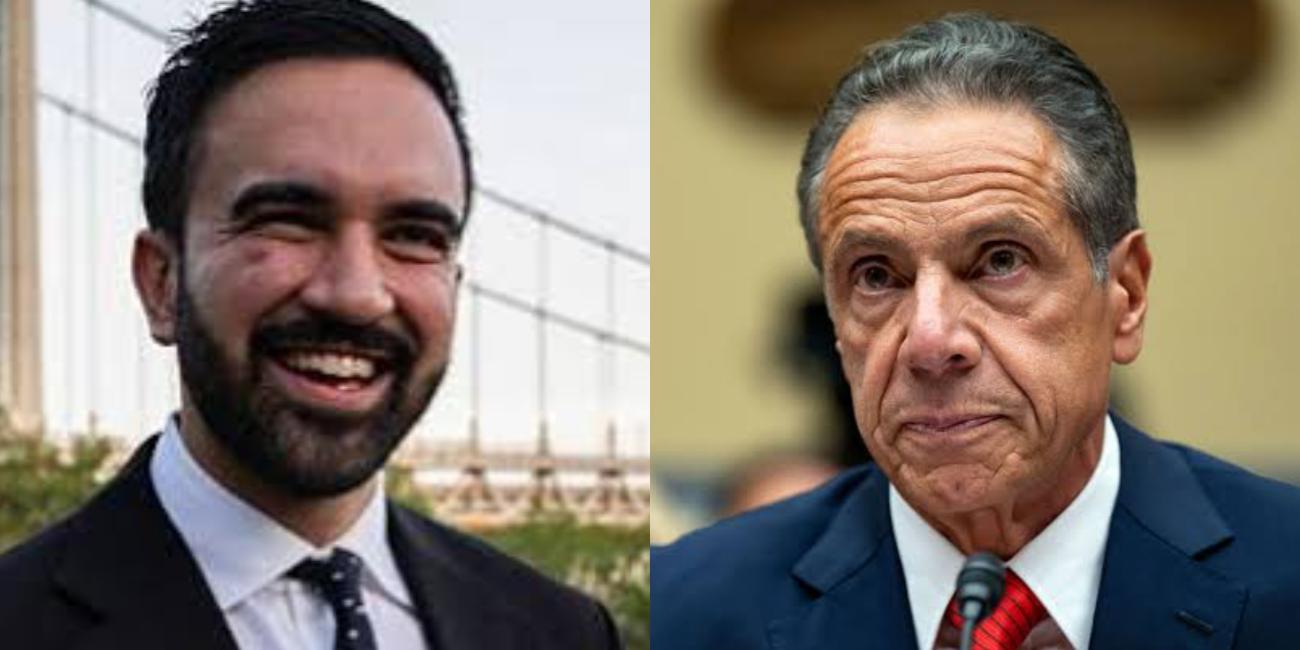Rise and Fall: The Controversial Journey of Tafa Balogun

In the early 2000s, Tafa Balogun was one of Nigeria’s most prominent law enforcement figures. As the Inspector General of Police, he positioned himself as a reformer and a protector of national security. However, within just a few years, his career unraveled amid riots, corruption allegations, and criminal charges. Here's a breakdown of Balogun's turbulent legacy—from reformist ambitions to a dramatic downfall.
A Call for Reform
In August 2003, Balogun presented a paper titled “Nigeria: Electoral Violence and National Security”, where he outlined a broad vision for national reform. He advocated for the implementation of national identity cards, civic education, reforms in electoral laws, increased citizen participation, good governance, and the creation of a constitutional court to strengthen the rule of law.
Securing the Commonwealth Summit
Later that year, during preparations for the Commonwealth of Nations conference in December 2003, Balogun oversaw sweeping security operations nationwide to prevent any disruptions.
A Riot and Its Aftermath
Despite these precautions, violence erupted in 2004. A major riot led to severe injuries among journalists and the destruction of media facilities. The incident marked a turning point. Balogun issued a public apology, vowing to hold those responsible accountable and to conduct thorough investigations.
Corruption Allegations Surface
But before long, Balogun was entangled in a scandal of his own. By the end of 2004, Nigerian newspapers published explosive allegations accusing him of embezzling billions in public funds and accepting illicit payments from both government insiders and criminal networks. The pressure mounted, and in January 2005, he was forced to resign.
Legal Charges and Investigation
On April 4, 2005, Balogun was arraigned before the Federal High Court in Abuja. He faced charges of money laundering, theft, and corruption amounting to ₦13 billion. The Economic and Financial Crimes Commission (EFCC), under Nuhu Ribadu, launched extensive investigations that confirmed many of the allegations.
Conviction and Sentencing
Balogun was eventually charged with 70 offenses covering activities from 2002 to 2004. He entered into a plea bargain, agreeing to return much of the stolen assets in exchange for a reduced sentence. He was sentenced to six months in Kuje Prison.
Public Outrage and Home Raid
In a dramatic twist, residents from Balogun’s hometown reportedly stormed his residence and discovered bundles of U.S. dollars hidden in the ceiling—further inflaming public sentiment.
Release and the End of a Chapter
Due to health concerns, Balogun served part of his sentence at the Abuja National Hospital. He was released on February 9, 2006, quietly closing a chapter that once promised reform but ended in disgrace.
Final Thoughts
Tafa Balogun’s story serves as a cautionary tale in Nigerian political history—a reminder of how public trust can erode rapidly when power is misused. From leading national reforms to facing criminal charges, his fall from grace was as swift as it was dramatic.








